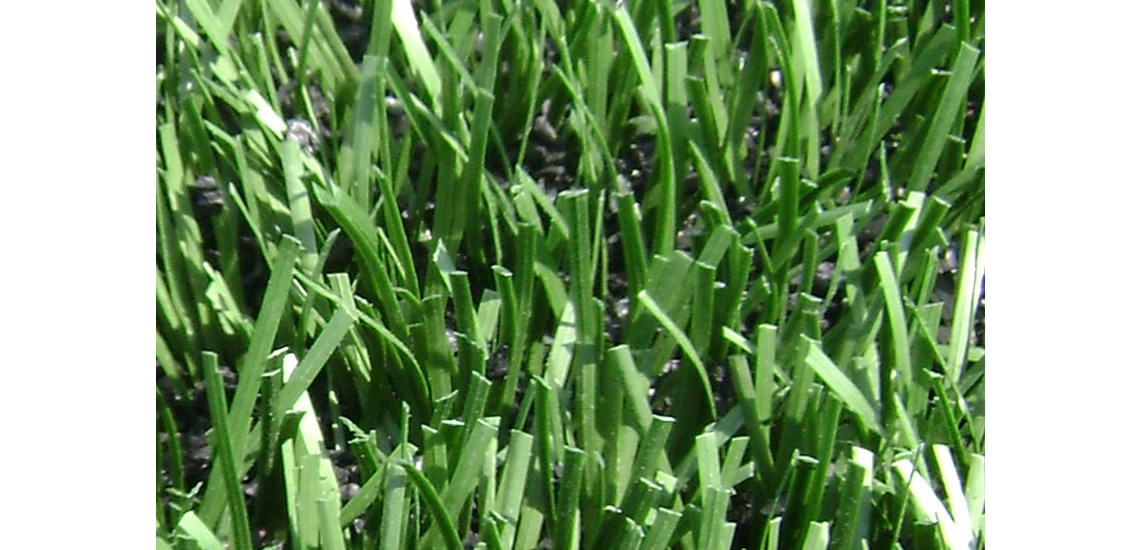The European Union’s antitrust watchdog, DG Competition, has recently raided companies active in the synthetic turf industry in several EU countries.
The raids were based on the suspicion that the companies were operating a cartel. The European Commission did not name the companies involved.
“The Commission has concerns that the inspected companies may have violated EU antitrust rules that prohibit cartels and restrictive business practices,” the European Commission said in a statement.
According to Dutch news agency ANP, Michael Vogel, CEO of Netherlands-based player TenCate Grass, said the company received an unexpected visit from EU inspectors, adding it was cooperating with the investigation.
Companies found guilty of breaching EU antitrust rules face fines up to 10% of their global turnover.
According to the European Commission, DG Competition; “The Commission officials were accompanied by their counterparts from the national competition authorities of the Member States where the inspections were carried out.
Unannounced inspections are a preliminary investigatory step into suspected anticompetitive practices. The fact that the Commission carries out such inspections and sends out formal requests for information does not mean that the company is guilty of anti-competitive behaviour, nor does it prejudge the outcome of the investigation itself. The Commission respects the rights of defence, in particular the right of companies to be heard in antitrust proceedings.
There is no legal deadline to complete inquiries into anticompetitive conduct. Their duration depends on several factors, including the complexity of each case, the extent to which the undertakings concerned cooperate with the Commission and the scope of the exercise of the rights of defence.
Under the Commission’s leniency programme companies that have been involved in a secret cartel may be granted immunity from fines or significant reductions in fines in return for reporting the conduct and cooperating with the Commission throughout its investigation. Individuals and companies can report cartel or other anti-competitive behaviour on an anonymous basis through the Commission’s whistle-blower tool.”
With 10 per cent of a company’s global income at risk in fines, it might be expected that if one supplier is found guilty, that the ripples will impact a much wider chain of installers and materials suppliers.
One could be forgiven for thinking that the European Commission had an issue with artificial turf, and rather than tackle it head-on, it is trying to find any way it can within the existing rules to clamp down.




















